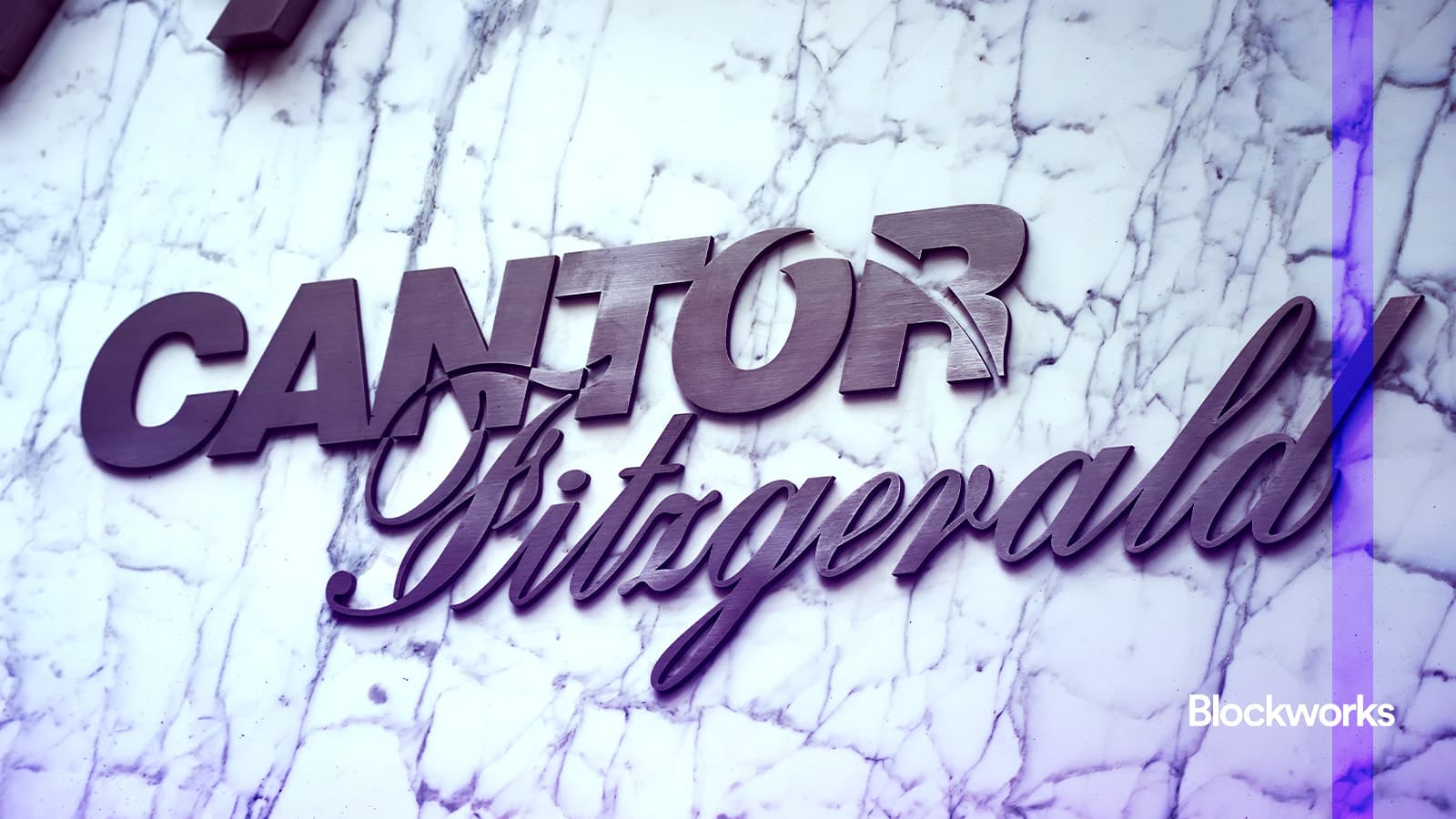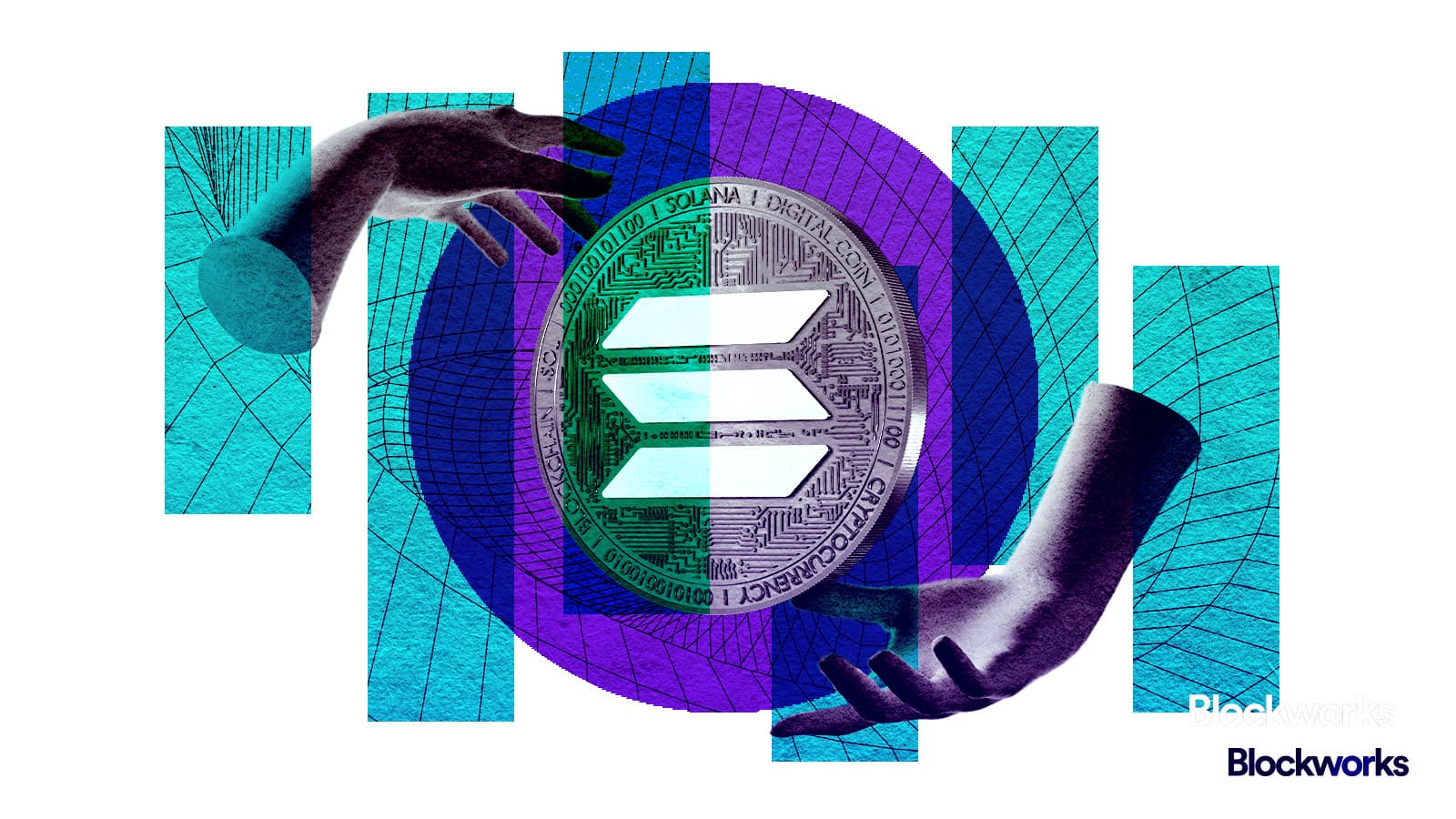🟪 Politics à la crypto
A fall election with a dash of crypto flavor

Brought to you by:
Massachusetts is now set for a fall election with a dash of crypto flavor.
John Deaton clinched the Republican nomination for US Senate in Massachusetts this week, scoring roughly 65% of the vote, according to data from the New York Times.
The pro-crypto Deaton launched his campaign earlier this year in a bid to unseat Elizabeth Warren (D-Mass.), who has represented the state since 2013.
Warren is, naturally, perceived by crypto companies and advocates as a downright enemy, given her strong support for rigorous — or, as critics argue, oppressive — rules for the industry. A super PAC backed by the likes of Ripple and the Winklevoss twins, among others, threw $1.3 million behind Deaton during the primary.
Can Deaton win? I’ve written about this before (hello, Empire readers), and thus far, polling remains light in the Massachusetts race. Back in May, a UMass/YouGov poll found Warren with a comfortable lead among a series of Republican candidates, including Deaton.
But Deaton has had time to introduce himself to the public in Massachusetts since then, and I suspect that with the primary in the rear view, future polling will likely show a tighter race. Massachusetts has a strange relationship with the Republican party, in spite of its reputation as a deep-blue state. The success of Charlie Baker, Mitt Romney and, yes, even Scott Brown (later unseated by Warren) demonstrates the continued interest in centrist Republicans.
That said, Sen. Ed Markey (D-Mass.) handily dispatched challenger Kevin O’Connor in 2020, scoring 66% of the vote, so perhaps we’ll see another lopsided outcome.
I doubt this election will hinge on crypto issues. I wouldn’t be surprised if Deaton tries to push the topic during a future debate, but while that approach might score him campaign cash, I doubt it’ll ring true with Massachusetts voters. Better to focus on the cost of living and housing availability — issues that past polling has found to be top of mind for would-be voters.
Now, on to the roundup:
— Michael McSweeney
Catch your favorite newsletter author (Byron, of course!) IRL at Permissionless as he draws insights out of the greatest investment minds in the liquid token market.

TradFi luminaries aren’t giving up on bitcoin quite yet. Cantor Fitzgerald’s Howard Lutnick says that the banking world’s involvement with BTC will grow in the years to come. As he believes: "as it gets invited into this party, up we go." Party on, Garth.

Macauley Peterson read the tea leaves on ETH this morning for the newsletter, honing in on a recent AMA with some of Ethereum’s big brains: Vitalik, Justin Drake, and more. One big question focused on "value accrual." As expected, ETH as programmable money factored heavily into Drake’s answer. Dankrad Feist, however, said that "I think that value capture will ultimately come naturally." Now that’s food for thought.

Pour one out for the little guys. According to Lightspeed’s Jack Kubinec, small-shop validators are struggling on the revenue side. Margins shrink with a lower price of SOL. Tl;dr — it’s a living, but a smaller one than before.

Does it feel…weird…out there? If you think so, you’re not alone. As the Empire team dug into this week, there’s a persistent feeling that the vibes in crypto are off. Is it pessimism about the tech? Exhaustion with memecoins? I’ll take "all of the above" for $500, please.

A choice pick from Byron’s mail bag this week: is bitcoin a "special snowflake?" I mean…maybe? We’re all here because of it. But as Byron suggested this week, the answer could be yes and no. Really makes you think.
Blockworks Research is conducting a survey to gain insight into the institutional staking landscape. This data will help industry leaders adopt their strategies as the industry matures.
If you're an institutional staker, we want to hear from you (and if you’re new to Blockworks Research, get 20% off of our service while you’re at it!)
recent research
Research
In this report, each analyst on the Blockworks Research team lays out their highest conviction thesis for 2025.







